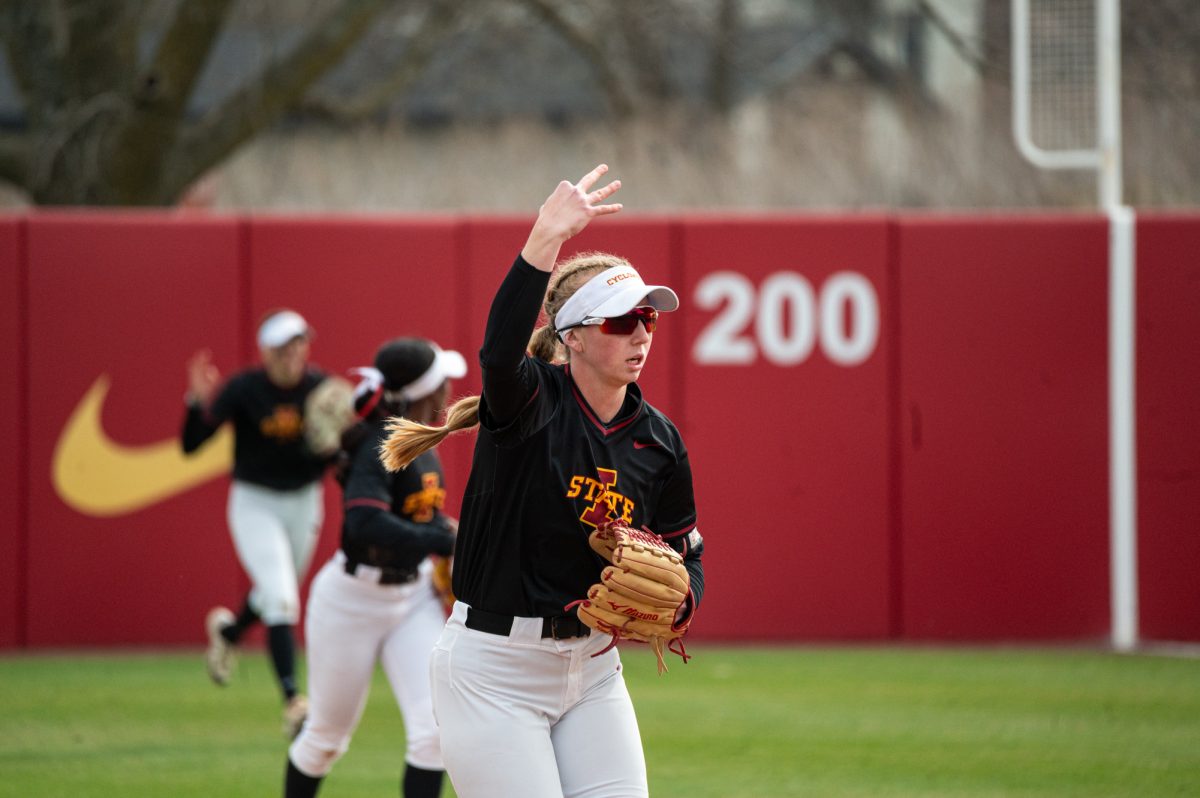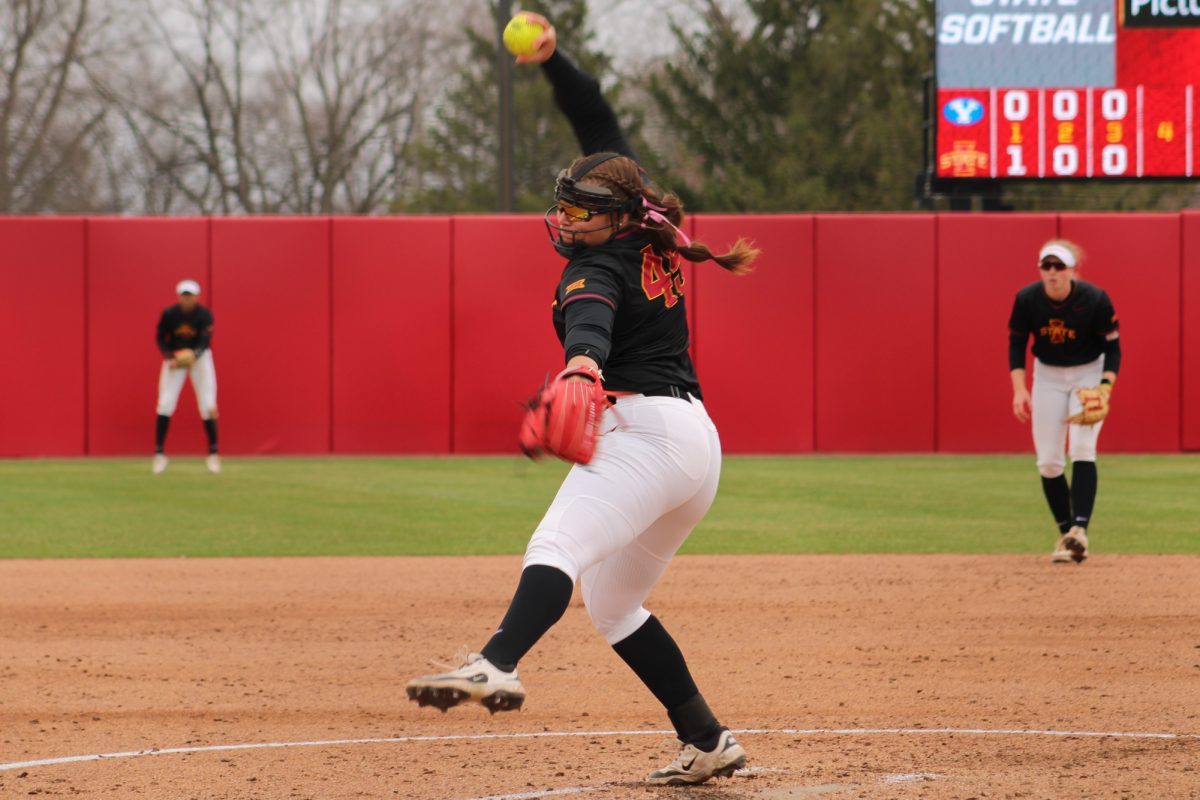Laptop Theft at Parks Library
December 13, 2012
Parks Library has five floors, seven tiers, a full-time staff of about 130, a student staff of about the same number, hundreds of computers, plenty of seating, open spaces to study, designated quiet zones, group study rooms with whiteboards, presentation rooms, production studios, and lots and lots of books.
“Our goal at the library in addition to building a rich collection that provides for all of your research needs is giving you a space where you can either study independently or collaborate,” said Evan Anderson, supervisor of Stacks Management.
On average, 6,000 people visit Parks library per day, but at the end of the semester, inevitably more students flock to this trove of knowledge. The crowds of students are now being swept by a wave of paranoia; once again, there has been a rise in reported laptop theft.
According to the ISU Police Daily Log, between the dates of Nov. 27 and Dec. 9, five different individuals reported the theft of a laptop.
Once they’re taken, they’re extremely difficult to get back. In the last three or four months, Anderson said that only one was recovered, and that was because the thief realized that it didn’t have a battery, so it was abandoned.
In addition, ownership can be difficult to prove.
“One suggestion that ISU Police offer is to mark your all belongings with some identifying mark that is recognizable to you and that can be used by the police and/or others to know that it is yours,” said Kathy Parsons, head of Stacks and Media Department. “This mark can be added to the report and may help on retrieving the item. For example, on page 54 in each one your textbooks, place your initials or draw a box in the margins. Or scratch your initials on the back of your laptop or cell phone.”
There are other routes for retrieving stolen laptops or protecting yourself if it occurs. For example, you can buy software that can provide your laptop’s location to the police.
“They can also do things like making sure that it’s secured with a passcode so that if someone does get in, they can’t get to their stuff very easily,” said Investigations Captain Aaron DeLashmutt.
As with anything, though, the best course of action is prevention, especially at this time of year, when students tend to have important documents stored on their computer in preparation for their finals.
“Because they see everybody else leaving their materials out all the time, they assume it’s a very safe place, so they can’t believe that it actually happens,” Anderson said.
In order to prevent theft, Parsons said, “Students and researchers should use common sense when it comes to expensive electronics and textbooks.”
That includes not falling asleep, not allowing all of the individuals in a group to leave their study zone at once and not leaving things behind to save a spot.
“Generally it is a very safe building, but laptop thefts only take a matter of seconds,” Anderson said.
Although staff goes through the building and the police occasionally make an appearance, the library has no security cameras. In such a big and public building, laptop theft is difficult to catch.
“Even though it does get quite busy this time of year, there’s still space. I would not want people to be discouraged from coming here because it is so busy or because there are occasional laptop thefts,” Anderson said. “Given the thousands of people that we have coming in here using laptops constantly, it is still a very small percentage [who get laptops stolen]. It is a very safe building.”






